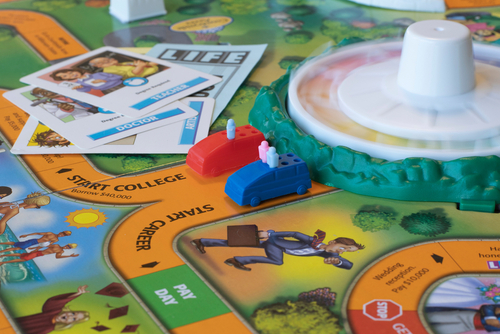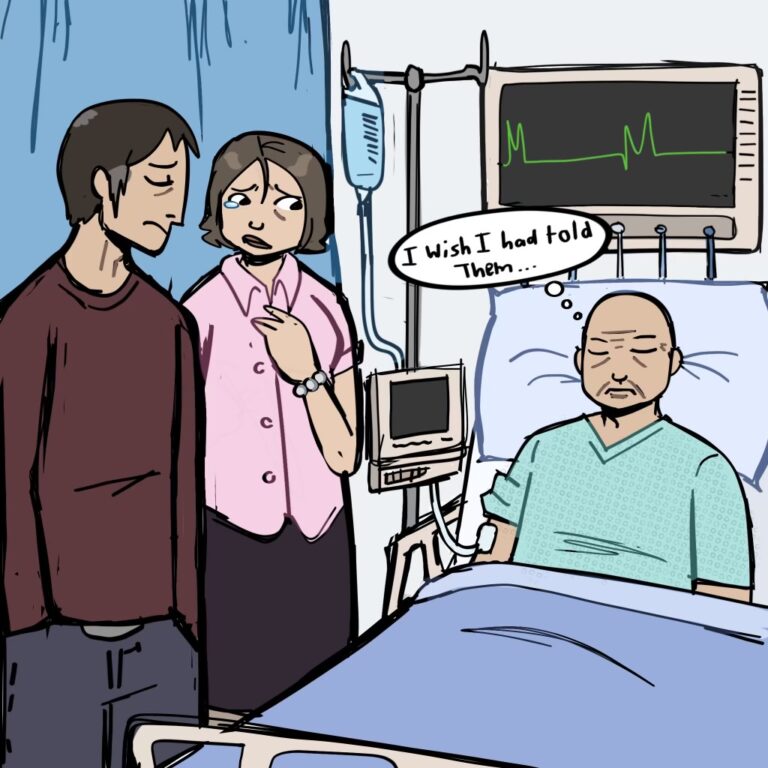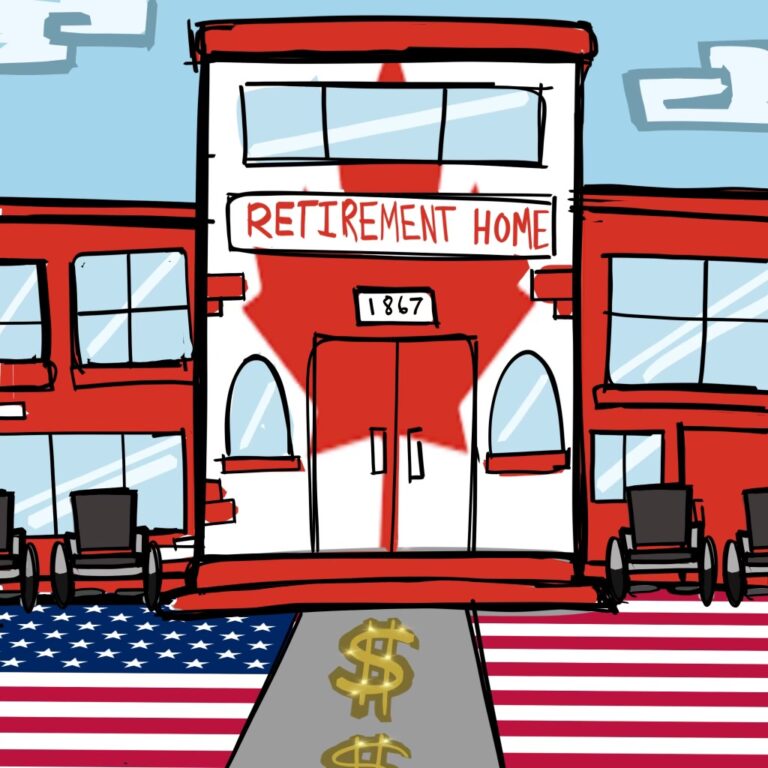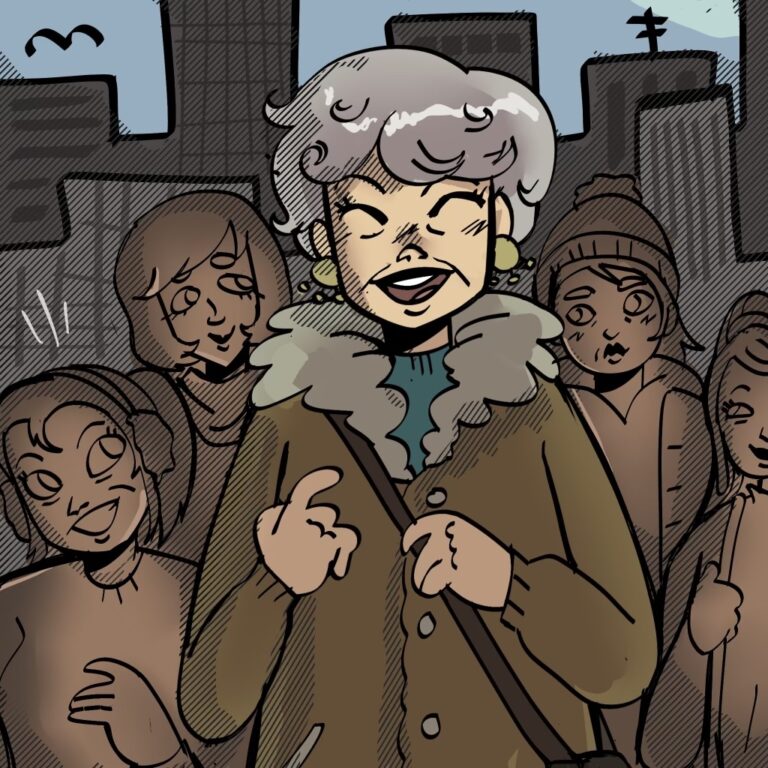Does anyone else remember that commercial from the 1980’s for Life, the board game?
https://youtu.be/zlNLc5fke7o “Oh why didn’t I buy insurance?”, says the 12 year old boy”.
If you google: “why is it so hard to make decisions?” This is the answer that you get:
Making decisions will always be difficult because it takes time and energy to weigh your options.
Then there is all the second guessing, the fear of missing out or hurting someone’s feelings. So what do we do? Well, with decisions like planning for the care of our parents, or ourselves we use a very handy tool called procrastination.
Procrastination can be a positive thing, hey there is even an online Harvard course called The Perks of Procrastination. As Canadians, the notion of “sober second thought” is, like it or not, a part of all of us.
I have no issue with the idea of taking the time to make a decision. However, the Harvard course is about listening and responding to your gut when it tells you to act – and that is the sweet spot of decision making.
As Ontario’s draconian Bill 7 makes its way into the lives of seniors and their families it is crucial to understand that WE did this. Let me repeat myself. We did this for over 35 years.
Instead of planning for and revising the system to meet the needs of our aging population, we stuck our collective head in the sand, acted as though we would never grow old and procrastinated until the Ontario Provincial Government made it legal for hospitals to ship our elders to long term care facilities that have empty beds because nobody wants to go there.
And here is the kicker – it’s true – they need the beds. Younger people (the people who need to be healthy enough to work and pay taxes so we can have public health care) are getting sicker because they can’t access timely treatment.
TREATMENT.
That is what hospitals do. They provide treatment.
CARE.
That is our personal responsibility.
At the end of life, when care becomes treatment because our end of life symptoms are too much to handle: like constant pain management, or 2 person transfers required to manage continence, or late stage dementia presenting behaviours that are dangerous for family members, then TREATMENT becomes necessary again through either long term care or palliative care.
It’s confusing, I know, because of the word CARE.
Let’s call it SELF-CARE instead of straight up care.
Self-care is when you put bars in your bathroom or install a stair lift in your two-story home.
It’s when you choose to live in a retirement residence because you realize that cooking and medication management are a little too challenging for you.
Self-care is when you use a walker before falling or when you get hearing aids to help mitigate loneliness.
Self-care is when you seek out and find social activities that will keep you cognitively fit.
Self-care is when you hire a personal support worker to help you with some of the activities of daily living before they become overwhelming.
Self-care is being responsible. It’s being an adult.
Self-care is what we do can for ourselves in order to help hospitals do what they are meant to do.





